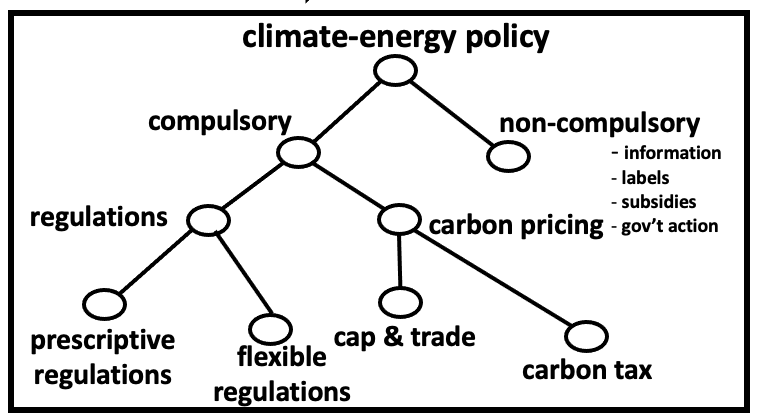Video: 2021 Hagey Lecture charts a simple path to decarbonization
'Emergency: The Citizen’s Guide to Climate Success' is now online
On October 27, the 2021 Hagey Lecture hosted Mark Jaccard, one of Canada’s foremost thinkers on climate change policy and economics. Jaccard delivered his talk to approximately 60 people attending in person at the University of Waterloo’s Theatre of the Arts and 200 people viewing online. Jaccard’s thought-provoking talk focused on four key challenges to decarbonization, two elements of a simple path forward, and four barriers to overcome in order to achieve the simple path. He drew the material from his recent book, “The Citizen's Guide to Climate Success: Overcoming Myths that Hinder Progress."
Watch the 2021 Hagey Lecture
Four challenges to decarbonization
According to Jaccard, there are four key challenges to decarbonization. The first is a myth that fossil fuels are expensive, when in reality they are plentiful and cheap. The second is a myth that a global voluntary agreement will save us, when in reality we have no global government and much disagreement about how to distribute the costs and benefits associated with climate action. Third, there is a myth that sincere domestic policy debate occurs, when in reality the debate is riddled with both sincere and insincere politicians. Finally, we have the myth that decarbonization is complicated, when there is a simple path forward.
The simple path to decarbonization
Jaccard highlighted two key elements on the simple path to decarbonization. First, there is a need to focus on key actions in key sectors. In Canada, these include the electricity generation and transportation sectors, both of which have existing technology that could be implemented to reduce carbon emissions. Additionally, these two sectors are both largely domestic and not exposed to trade, which means their competitiveness will likely not be affected by climate policy in other nations. The second step is to implement compulsory policies, which are the policies that enable effective action on climate change. Jaccard noted that compulsory policies could include things like carbon pricing and regulations, and that regulations could be flexible. He highlighted that there are multiple policy pathways, which can include different combinations of pricing and regulations.

Barriers to the simple path
Although the path to decarbonization can be simple, there are also a number of barriers. First, deliberate deception by key actors or groups can obscure the path forward on climate policy. Second, rigid ‘pro’ or ‘con’ views on climate policy serve to polarize the debate and paralyze climate action. Third, “agenda hitching” or tagging on nearly impossible goals to the advancement of climate policy (such as stopping population growth or abolishing capitalism) can delay climate policy implementation. Fourth, insincere politicians act to advance their own agendas within the climate discourse and detract from action.
Overcoming the barriers
According to Jaccard, we can overcome these barriers using the following key strategies. First, we must engage through citizen activism and strategic voting to elect the more climate-sincere politicians, who will make strong advancements on climate policy, especially carbon pricing and regulations - as well as support for workers, Indigenous people and lower income people affected by the costs of transition. Second, Canada must form alliances with other nations, who wish to make sincere advances on climate policy, especially with advancing financial support for developing countries plus a system of carbon tariffs to make sure that future national governments do not undermine what must be a universal global effort. Third, as individuals, we must undertake the few key actions that substantially reduce our own emissions, namely acquiring zero-emission vehicles and zero-emission home heating systems.
Jaccard’s talk encouraged us to rethink our roles in addressing climate change, both as individuals and as a nation, and provided us with tractable options to advance climate action.
This story was written by Jeremy Pittman and originally published on Waterloo News.